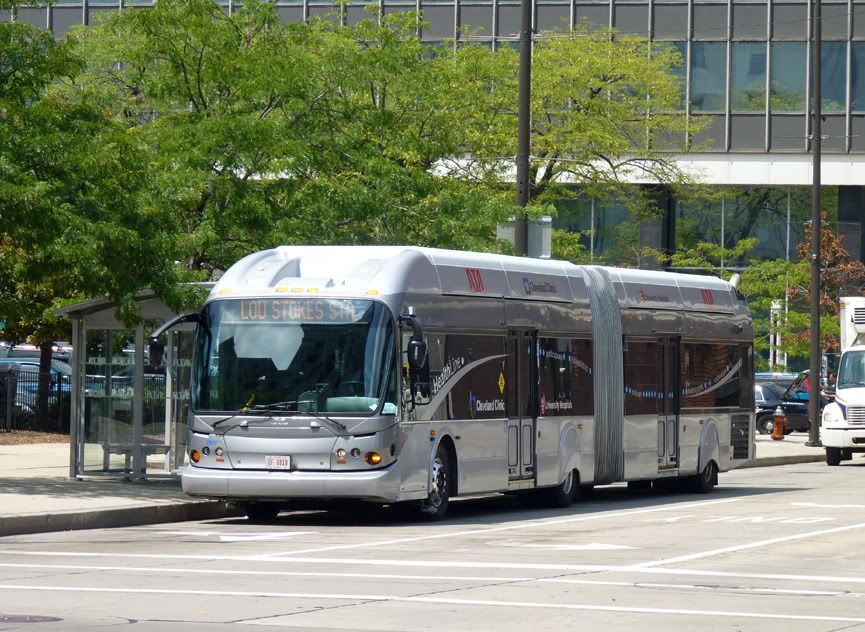 As noted this week at The Overhead Wire:
As noted this week at The Overhead Wire:
There has been a lot of chatter recently on the issue of fast vs slow transit. This week is the perfect time for this discussion as two major United States transit projects of differing stripes opened up; the Metro Silver Line in Washington DC and the Tucson Streetcar.
On the one hand you have neoliberal Matthew Yglesias as the neoliberal “let us explain to you why There Are No Alternatives (TINA)” site Vox saying:
Without a dedicated lane, a streetcar can’t really run much faster than a bus under ideal conditions. And since unlike a bus, a streetcar can’t shift out of its lane to avoid an obstacle, in real-world circumstances it’s likely to move slower than a bus. There are some objectives related to real estate development and tourism that this kind of project can serve, but they’re nearly useless in terms of transportation.
And on the other hand you have the piece by Robert Steuteville at Better Cities and Towns, Place Mobility: Sometimes good transportation is slow, which observes:
The Portland streetcar has been a catalyst for $4 billion-plus investment and up to 10,000 housing units in the Pearl District and other neighborhoods close to downtown. All of these people and businesses have Place Mobility. They use the streetcar for quick trips and to make connections – it doesn’t matter that it moves very slowly because they don’t have to go far. But the new people and businesses in the Pearl and downtown are not the only beneficiaries. All of the existing businesses and residences also benefit from rising Place Mobility.
When a streetcar — or other catalyst — creates a compact, dynamic place, other kinds of mobility become possible. The densest concentrations of bike-share and car-share stations in Portland are located in the area served by the streetcar. That’s no coincidence. You can literally get anywhere without a car.
Of course, much of the “debate” falls into the logical fallacy of the false dichotomy, as if there is a choice between either having slow transit or having fast transit, when the reality is that we not only need both, but that improving either one improves the utility of the other.

 This week’s Sunday Train features a piece from
This week’s Sunday Train features a piece from
Recent Comments